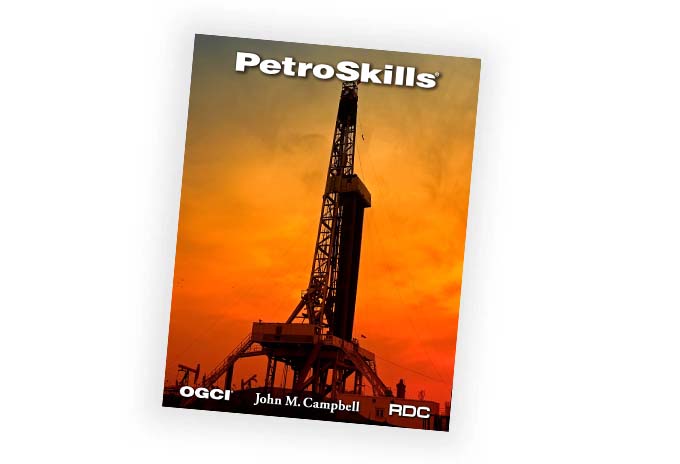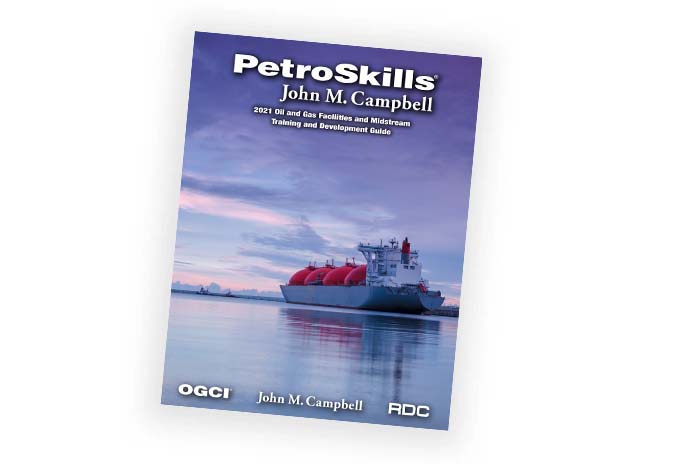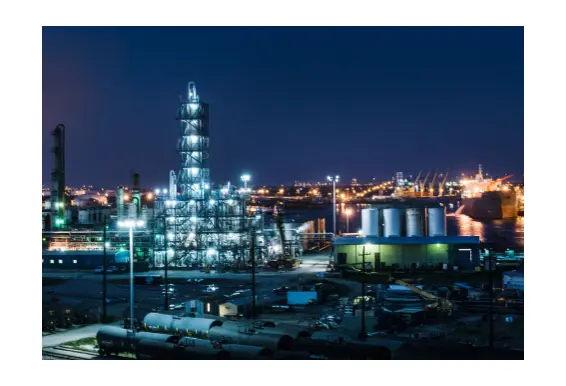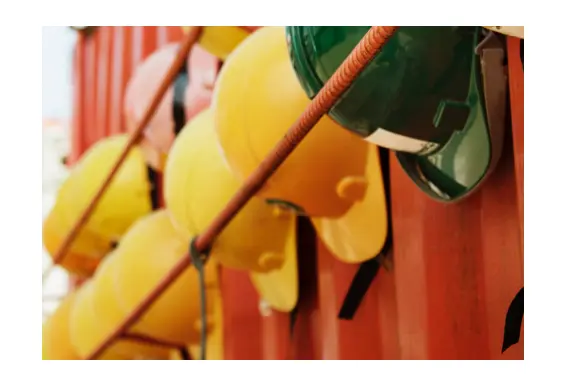Overview of Reservoir Engineering for Facilities Operations
e-Learning
About the eLearning Course
This skill module provides an overview of four topics that describe how petroleum fluids initially flow from within the reservoir porous rocks to the surface facilities naturally and later by using artificial lift when the reservoir pressure declines and leaving a significant amount of petroleum fluids underground.
To maximize oil production rate and minimize operating costs, this skill module covers the following topics:
- Reservoir Traps, Rocks, and Drive Mechanisms
- Reservoir Fluid Classification and Phase Envelopes
- Inflow Performance Relationship
- Artificial Lift
Target Audience
Process/facilities engineers and senior operating personnel involved with the design and operation of oil and produced water processing facilities.
You Will Learn
- Describe the different types of reservoir traps, different types of rocks, and identify the rock type that normally holds oil and gas, the meaning, significance, and typical values of porosity and permeability
- Estimation of reservoir temperature and pressure, and how this information impacts surface facilities design and operation
- Impact of reservoir drive mechanism on production profiles, equipment selection, and sizing
- Describe the five main reservoir fluid types, their typical compositions and characteristics, and provide examples of how the reservoir fluid phase envelopes and impacts surface facilities’ design and operation
- Explain how the various reservoir fluids affect the phase envelope for specific reservoirs and their impact on surface facilities
- Define "artificial lift", discuss the different types, their pros and cons, and applications, and provide examples of how artificial lift method selection can impact surface facilities design and operation
- Estimate system pressure losses for "artificial lift" applications




